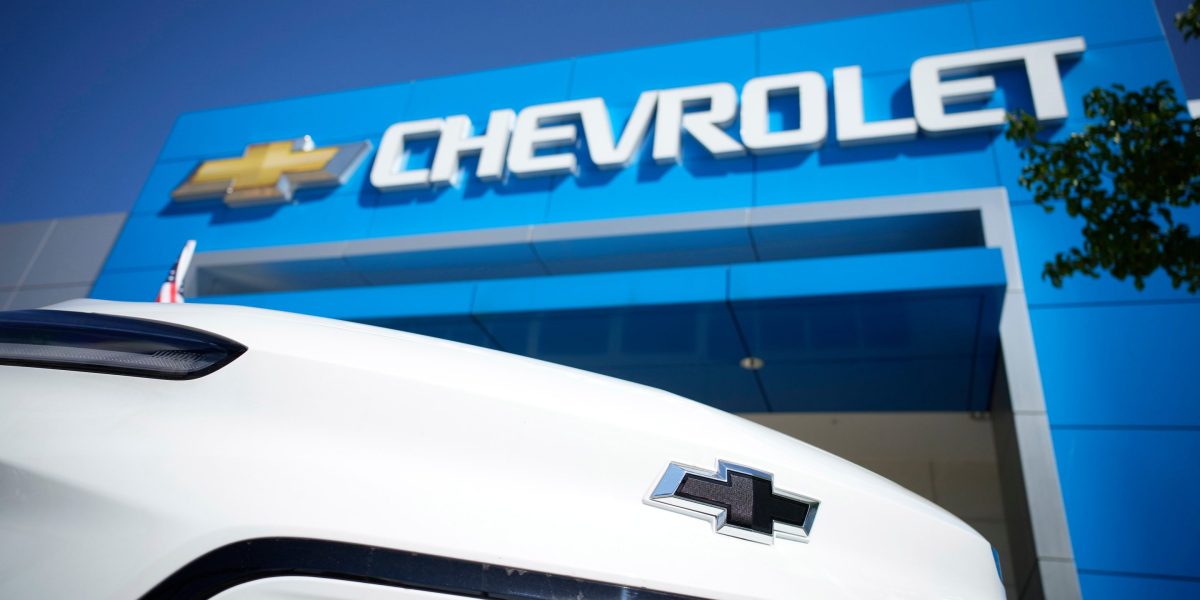General Motors to Incur $1.6 Billion Charge as EV Tax Credits Shift and Demand Declines
General Motors will take a $1.6 billion charge in Q3 due to expiring EV tax credits and reduced demand, leading to a strategy overhaul and production adjustments.
Overview
- General Motors anticipates a significant $1.6 billion financial charge in the third quarter, primarily driven by the recent changes and expiration of electric vehicle tax credits.
- This substantial financial impact is also attributed to a broader trend of declining demand for electric vehicles, prompting US automakers, including GM, to reassess their production strategies.
- The $1.6 billion charge includes $1.2 billion specifically for adjustments to GM's electric vehicle production capacity, reflecting a strategic overhaul in response to market shifts.
- An additional $400 million in charges relates to contract cancellations and commercial settlements, stemming from General Motors' ongoing investments and adjustments in EV technology.
- Despite these significant financial challenges and capacity realignments, General Motors assures that its current production of Chevrolet, GMC, and Cadillac electric vehicles will remain unaffected.
Report issue

Read both sides in 5 minutes each day
Analysis
Center-leaning sources frame this story by emphasizing the negative financial impact on GM, directly attributing a $1.6 billion "hit" to U.S. policy changes like slashed EV tax incentives and eased emission rules. They highlight GM's past ambitious EV goals, creating a narrative of setback and lost momentum due to "drastic changes" in government policy, thereby suggesting policy shifts are detrimental to the EV transition.
Articles (7)
Center (4)
FAQ
General Motors took a $1.6 billion charge due to the combination of expiring federal electric vehicle tax credits and declining demand for electric vehicles, which led to a reassessment of EV production strategies and capacity adjustments.
GM initially planned to claim tax credits by having its finance company buy EVs from dealers and pass those savings to customers via leasing, but it recently reversed course and will no longer seek the tax credit; instead, GM is offering about $6,000 in lease incentives from its own funds through the end of October.
As of early 2024, only the Chevrolet Bolt EV and EUV retained full tax credit eligibility; other models, including the Cadillac Lyriq and Chevrolet Blazer EV, temporarily lost eligibility due to battery sourcing requirements and are expected to regain it later this year as GM shifts supply chain strategy.
No federal EV tax credits are available as of October 1, 2025, though some state and local incentives may still apply; automakers may also introduce their own discounts in response to market conditions.
Despite significant financial impacts and capacity adjustments, General Motors has assured that its production of Chevrolet, GMC, and Cadillac electric vehicles will continue unaffected for now.
History
- 20d

 4 articles
4 articles




